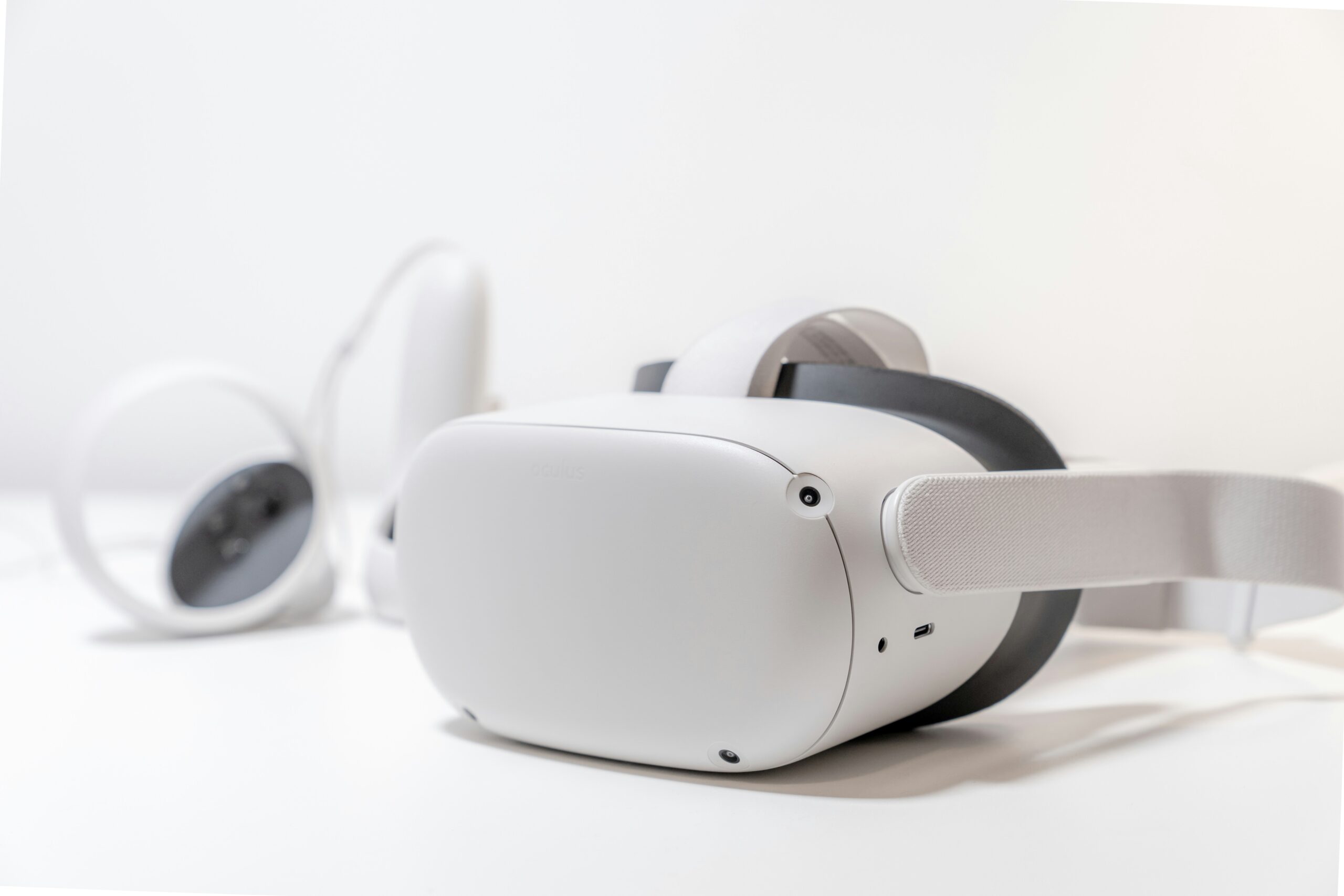Meta, the parent company of Oculus, has recently announced that it will be deleting all Oculus accounts as of March 29. This news has left many virtual reality (VR) enthusiasts concerned about the fate of their VR games, apps, purchases, and other valuable content.
If you are an Oculus user, it is crucial to take immediate action to prevent the loss of your cherished VR experiences. To ensure the preservation of your Oculus account and its associated content, follow the steps outlined below:
1. Merge Your Oculus and Meta Accounts
To safeguard your Oculus content, you need to merge your Oculus and Meta accounts. Meta is encouraging all Oculus users to create a Meta account and link it to their existing Oculus account. By doing so, you will be able to retain access to your VR games and apps, as well as any purchases you have made.
Visit the official Meta website and follow the instructions provided to create your Meta account. Once you have successfully created your Meta account, link it to your Oculus account to complete the merging process. This will ensure that your content remains intact even after the deletion of Oculus accounts.
2. Back Up Your VR Content
While merging your accounts will preserve your Oculus content, it is always a good practice to have a backup. Take the time to back up your VR games, apps, and any other content that you hold dear. This way, even if any unforeseen issues arise during the transition process, you will have a copy of your content readily available.
There are various methods to back up your VR content, depending on the platform you are using. Oculus provides options to download and save your games and apps locally. Additionally, you can explore third-party backup solutions or cloud storage services to ensure the safety of your VR content.
3. Verify Your App Compatibility
With the transition to Meta accounts, it is essential to verify the compatibility of your VR games and apps. Some older titles may not be fully compatible with the new Meta platform, potentially leading to issues or limited functionality.
Check the official Meta website or reach out to the developers of your favorite VR experiences to ensure that they are compatible with the Meta platform. This way, you can address any compatibility concerns and make informed decisions about the future of your VR content.
4. Seek Support from the Oculus Community
The Oculus community is a valuable resource for guidance and support during this transition period. Engage with fellow Oculus users through forums, social media groups, and official Oculus channels to share experiences and seek assistance.
By connecting with the Oculus community, you can stay updated on any new developments, troubleshooting tips, and potential workarounds. Remember, you are not alone in this process, and the community is there to help you navigate the changes smoothly.
5. Stay Informed and Follow Official Announcements
As the deadline approaches, it is crucial to stay informed about any updates or changes from Meta regarding the deletion of Oculus accounts. Keep an eye on official announcements, blog posts, and social media channels to ensure that you are aware of the latest information.
By staying informed, you can adapt to any new requirements or guidelines set forth by Meta and ensure a seamless transition to the Meta platform. It is always advisable to rely on official sources for accurate information and to avoid falling victim to misinformation or scams.
Remember, the deadline for the deletion of Oculus accounts is March 29. Take the necessary steps outlined above to safeguard your VR games, apps, purchases, and other content. By merging your accounts, backing up your content, verifying compatibility, seeking community support, and staying informed, you can ensure a smooth transition to the Meta platform and continue enjoying your virtual reality experiences without any interruptions.

